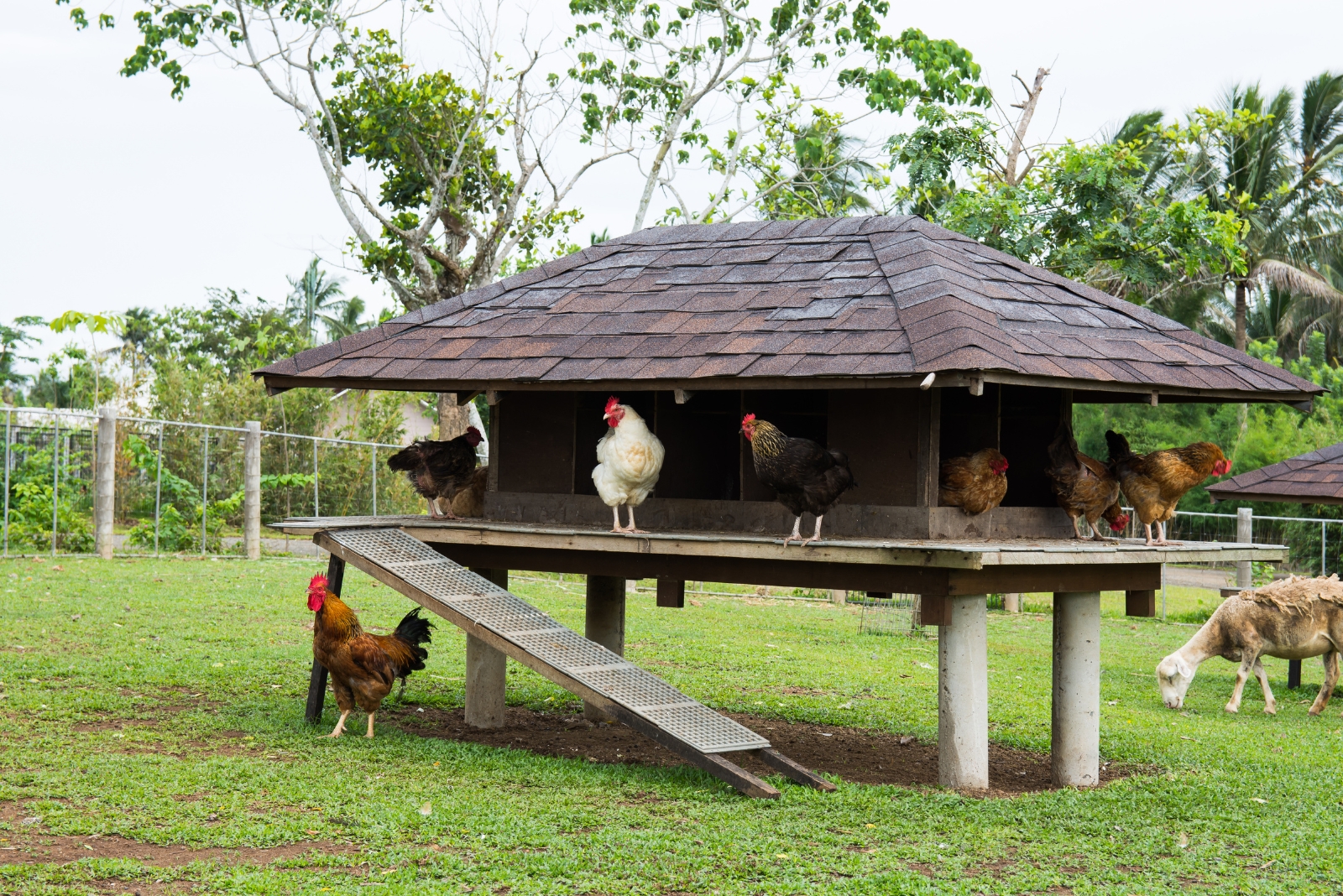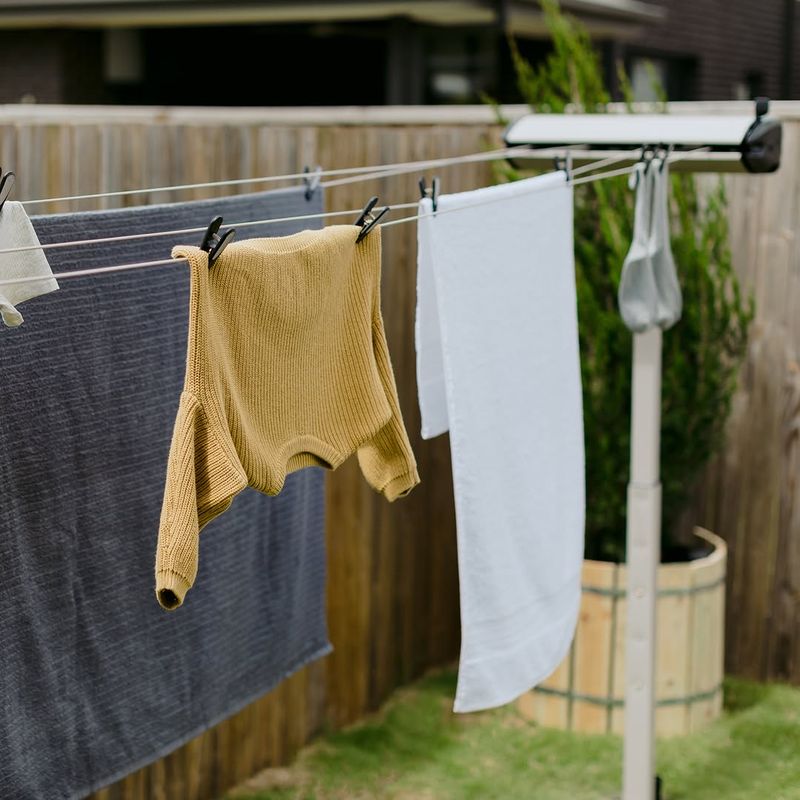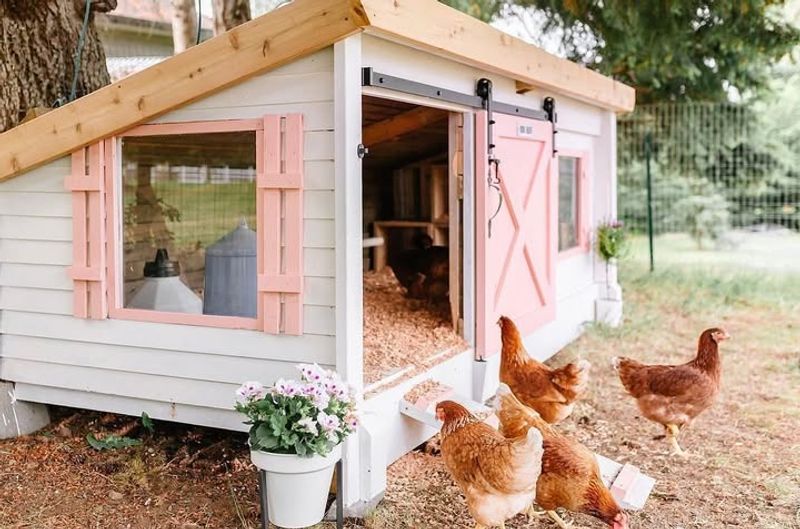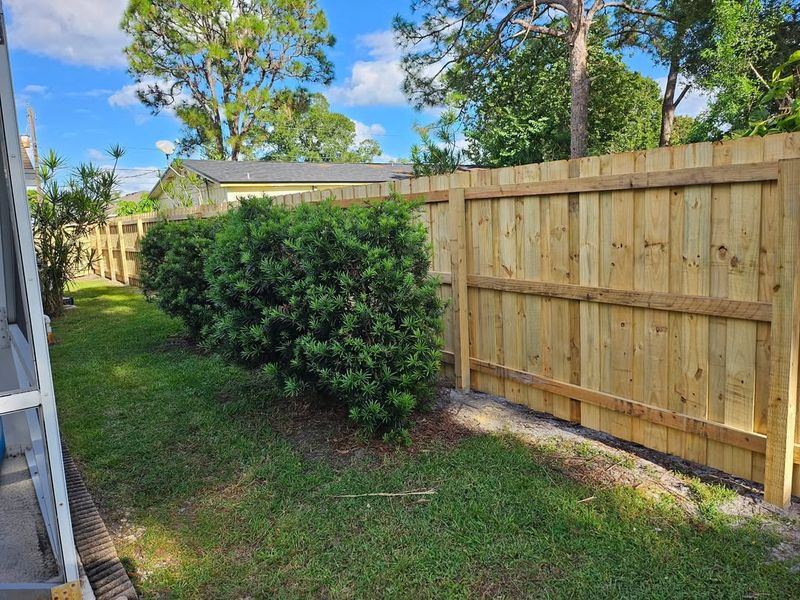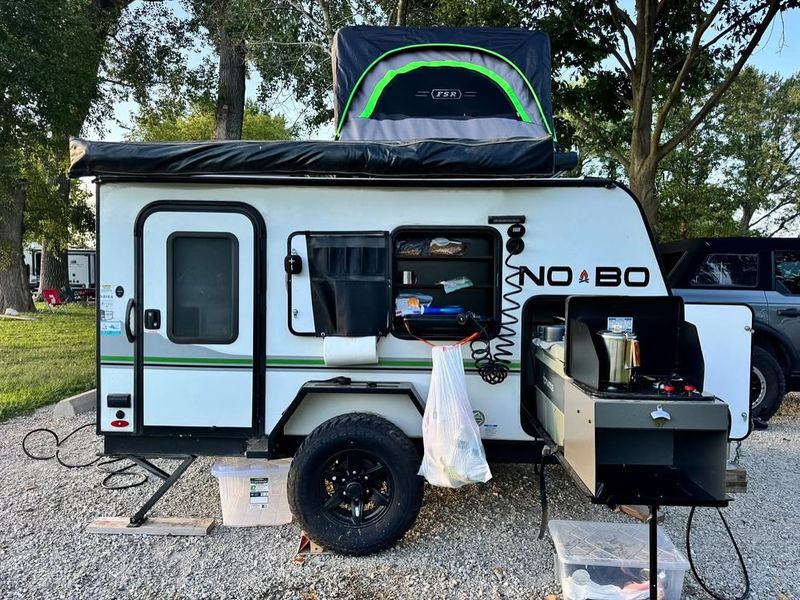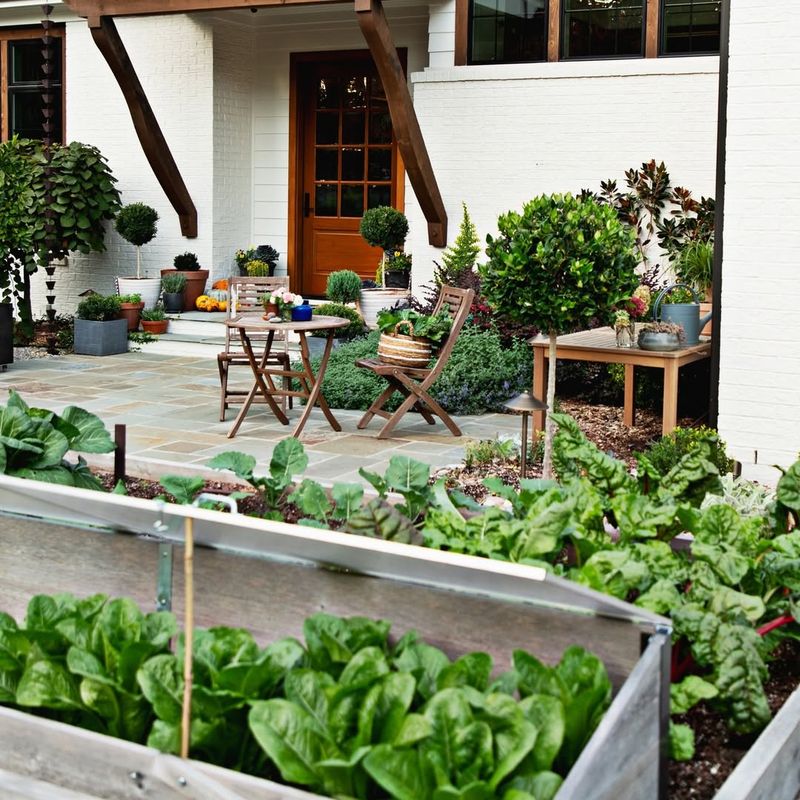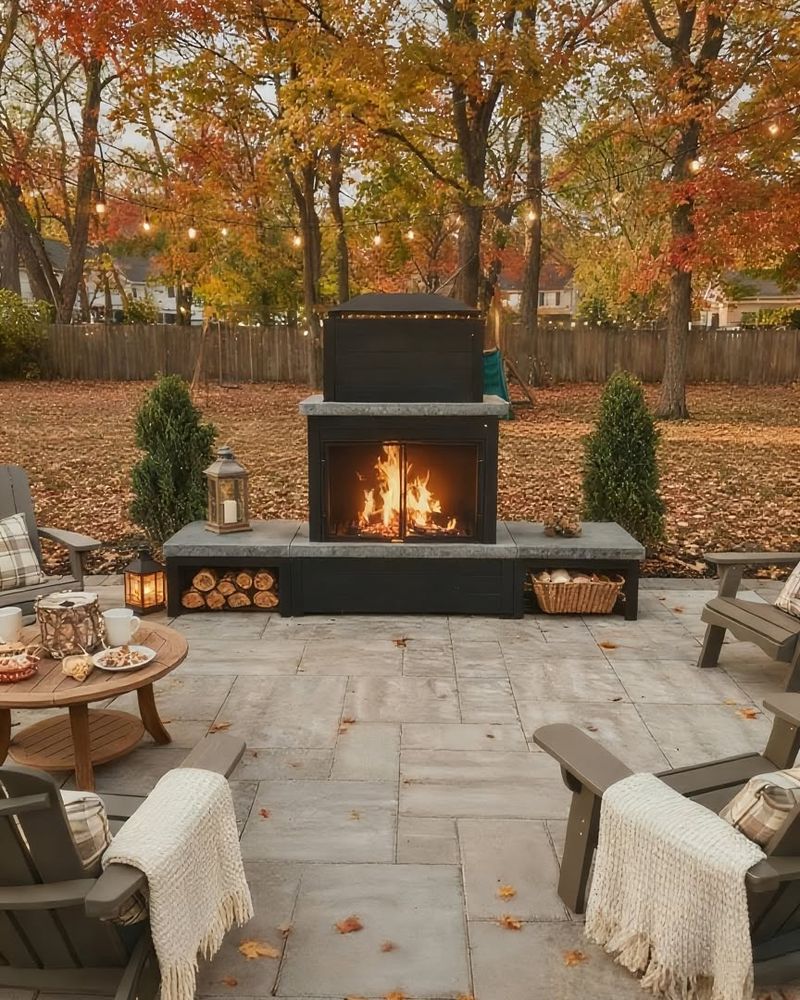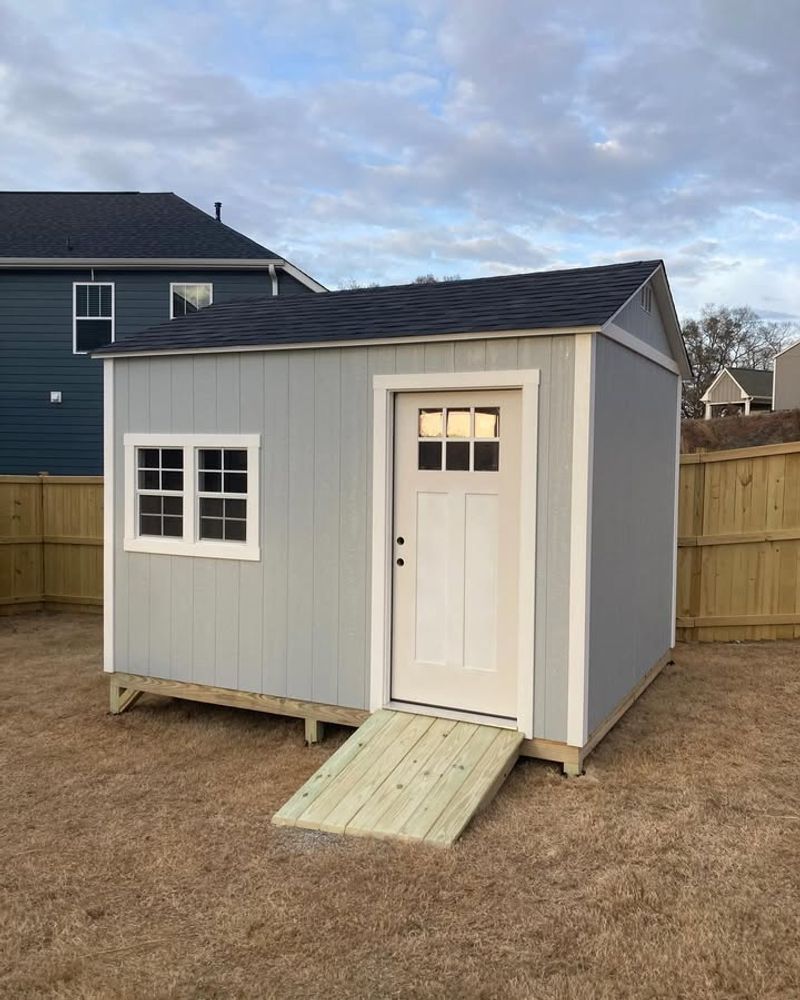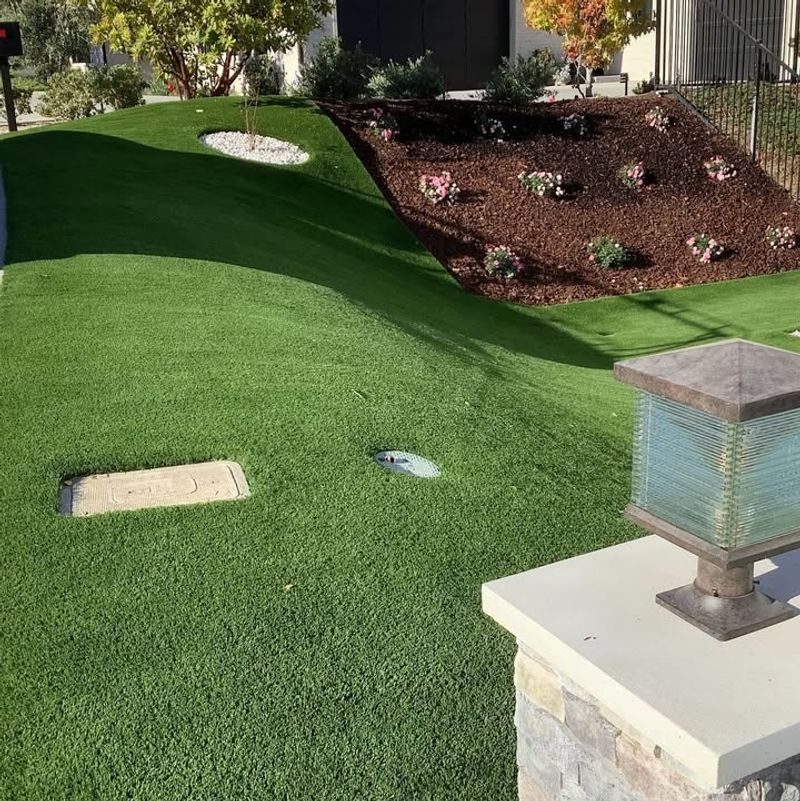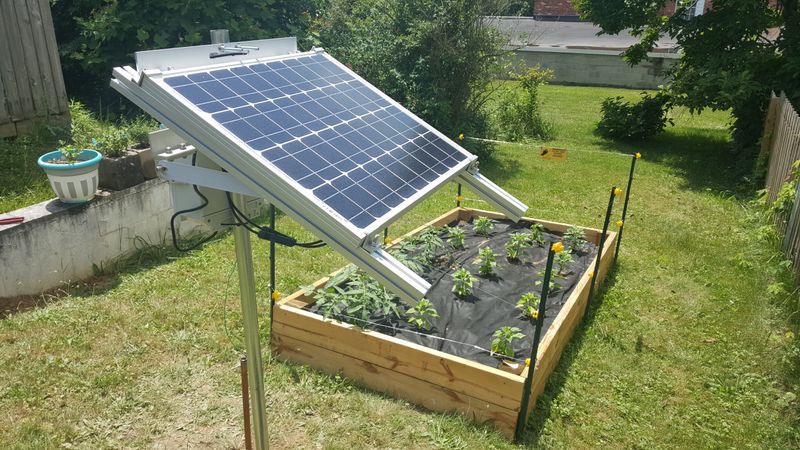Some features in New Hampshire yards might not be allowed, even if they look harmless. I noticed a few in my neighborhood that could cause issues for homeowners.
Staying informed ensures your yard remains legal and beautiful. Checking before you install or alter anything saves you future headaches.
1. Clotheslines and Drying Racks
Hanging your laundry outside seems harmless enough, but many homeowners associations across New Hampshire have banned clotheslines for aesthetic reasons. They argue that visible laundry reduces property values and creates an untidy appearance.
Some towns have pushed back with “right to dry” discussions, though restrictions still exist in many planned communities. Before installing that clothesline, check your HOA rules and local ordinances.
You might face fines if you violate these policies in your New Hampshire neighborhood.
2. Backyard Chickens and Coops
Raising chickens has become incredibly popular for fresh eggs and sustainable living. Many New Hampshire municipalities now restrict or completely ban backyard poultry, especially in densely populated areas.
Concerns about noise, odors, and potential disease spread drive these restrictions. Some towns allow hens but prohibit roosters due to early morning crowing complaints from neighbors.
Zoning laws vary widely across the state, so always verify what’s permitted before building that coop. Violations can result in removal orders and hefty penalties for New Hampshire residents.
3. Tall Privacy Fences
Privacy matters to most homeowners, but your dream of a towering fence might clash with local height restrictions. New Hampshire towns typically limit fence heights to maintain neighborhood sight lines and aesthetic consistency.
Front yard fences usually face stricter limits than backyard installations, often capped at three or four feet. Corner lots have additional restrictions to ensure driver visibility at intersections.
Building permits are frequently required, and unapproved fences may need removal. Always consult your town’s building department before construction begins in New Hampshire.
4. Recreational Vehicles and Boats
That camper or boat represents freedom and adventure, but parking it in your driveway might violate local ordinances. Numerous New Hampshire communities restrict visible RV and boat storage to preserve neighborhood appearance.
Some areas require these vehicles to be stored behind fences or in garages when not in use. Time limits also apply, allowing only temporary parking for loading and unloading purposes.
Violations typically result in warnings followed by fines if you don’t comply. Check your New Hampshire town’s specific parking regulations before purchasing large recreational equipment.
5. Vegetable Gardens in Front Yards
Growing your own food makes sense economically and environmentally, yet front yard vegetable gardens face opposition in many neighborhoods. Certain New Hampshire HOAs and municipalities consider them unsightly and inconsistent with landscaping standards.
Some communities specifically require ornamental plantings in visible front areas while restricting edible gardens to backyards. Legal battles have erupted nationwide over these restrictions, though many remain enforceable.
Before tilling that front lawn in New Hampshire, review your deed restrictions and local codes carefully to avoid conflicts.
6. Fire Pits and Outdoor Fireplaces
Gathering around a crackling fire creates wonderful memories, but outdoor fire features face increasing regulation across New Hampshire. Air quality concerns and fire safety risks have prompted many towns to restrict or ban recreational fires entirely.
Burn bans often activate during dry conditions, and some communities prohibit wood-burning fire pits year-round. Gas-fueled alternatives sometimes receive approval where wood fires don’t.
Permits may be required, and setback distances from structures must be maintained. Always verify current New Hampshire regulations before lighting that backyard fire.
7. Sheds and Accessory Structures
Extra storage space solves many household problems, but that convenient shed might need official approval. New Hampshire towns regulate the size, placement, and appearance of accessory structures through zoning ordinances.
Setback requirements dictate how close structures can sit to property lines, while size limits prevent oversized buildings. Some areas require architectural consistency with your main house.
Building without permits can force expensive relocations or removals later. Contact your local New Hampshire building department before purchasing or constructing any outbuilding on your property.
8. Artificial Turf and Synthetic Lawns
Synthetic grass eliminates mowing and watering, but some New Hampshire communities view it as tacky or environmentally questionable. HOA covenants sometimes specifically prohibit artificial turf to maintain natural landscaping aesthetics.
Environmental debates continue about whether synthetic materials truly benefit ecosystems compared to drought-tolerant natural alternatives. Heat retention and microplastic concerns add to the controversy.
Before investing thousands in artificial turf installation, confirm it’s allowed in your New Hampshire neighborhood. Removal costs can be substantial if you violate existing restrictions.
9. Solar Panels and Renewable Energy
Harnessing solar energy seems forward-thinking, yet some New Hampshire HOAs have attempted to restrict or ban visible solar installations. Aesthetic concerns and property value worries motivate these restrictions, though state laws increasingly protect homeowner rights.
New Hampshire has enacted solar access laws limiting HOA power to prohibit reasonable installations. However, placement and appearance standards may still apply in certain communities.
Understanding both your rights and any legitimate restrictions helps avoid disputes. Consult local New Hampshire regulations and your HOA documents before signing solar installation contracts.

